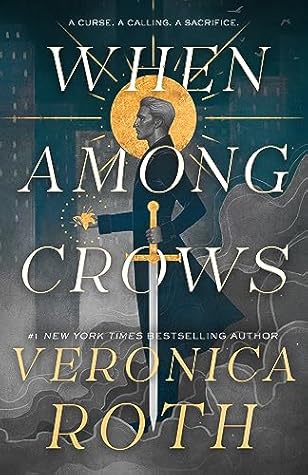More on this book
Community
Kindle Notes & Highlights
“Like all of the old stories, there is a little truth and a lot of fancy.”
“What will it take to convince you that I mean no harm?” “There’s nothing you can say or do that will convince me of that,” Klara says. “Men always mean harm. The question is simply ‘when’.”
‘When among crows, you must caw as they do.’ Because we’re supposed to fit in among mortals. Mimic them.”
“Disappointed hopes won’t be any worse than what awaits you now.”
These three types of creatures—the zmora, the strzyga, and the llorona, or banshee—represent a trifecta, each consuming one of the primary negative emotions.
Almost all the strzygi in the room are women, and that’s no surprise. Dymitr’s father told him that Chicago was a city ruled by monsters, and all those monsters were women—strzyga, zmora, and llorona, each a legend of wronged women, sinful women, mysterious women. Tragic and powerful figures, all, not to be underestimated.
“I want an audience with Baba Jaga,” Dymitr says, “because I want to destroy a member of the Holy Order, and I lack the ability to do it on my own.”
“No, I’m here to ask you to destroy a Knight of the Holy Order.”
“Which Knight?” Ala asks, with a sharpness that suggests she already knows what his answer will be. Dymitr lets himself go to his knees. “Me,” he says, and he closes his eyes.
“It’s not death I want. It’s … unmaking. Unraveling.”
“I did it for you,” he says, after a moment of thought. “I picked it, I bore it.” He glances at Baba Jaga. “So I can swallow it for you, too.”
“I want you to live,” she says. “I want you to try.”
Niko asks Ala, “Do we call him a ‘zmora,’ since he’s male? Or is he a ‘zmoron’?” Ala laughs. “Technically, it’s ‘zmór,’” she says. “Though if you want to call him a zmoron, I suppose you can.”
“The word you’re looking for,” Niko says, “is awe. I am a little in awe of you.”


